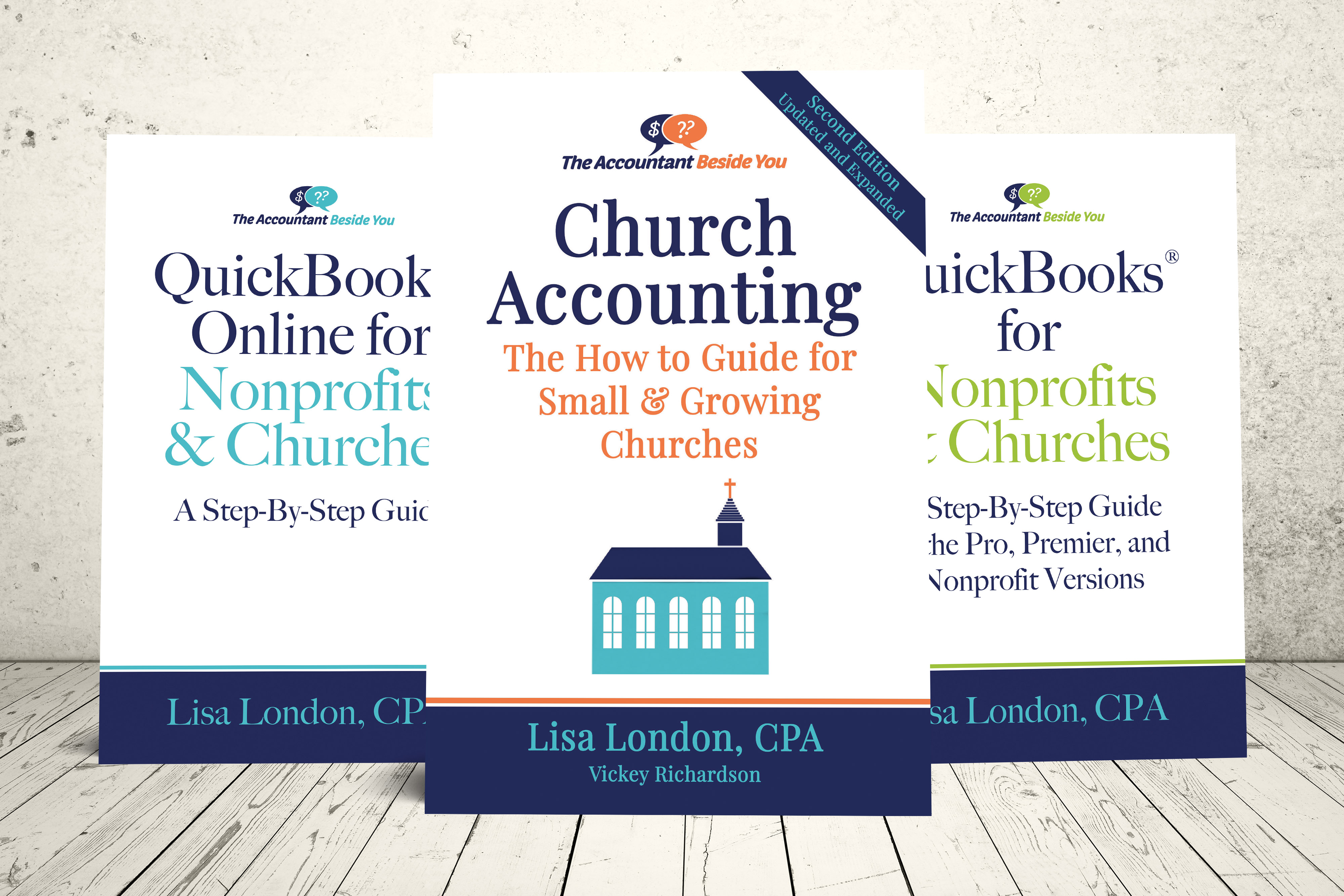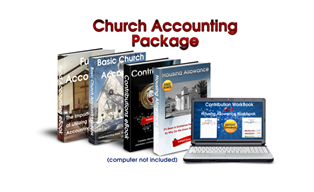Could you please elaborate on the benefits of class tracking?
I understand the desire to keep track of funds, but am not sure of the benefits of using class tracking to do it. What do you think of setting up separate sub-accounts under the checking to allocate exactly which portion of cash is attributable to general operations, building fund (for example), etc? Then when the balance sheet is generated the amount in each fund is clearly stated. What do you see as the drawbacks to this method vs class tracking?



